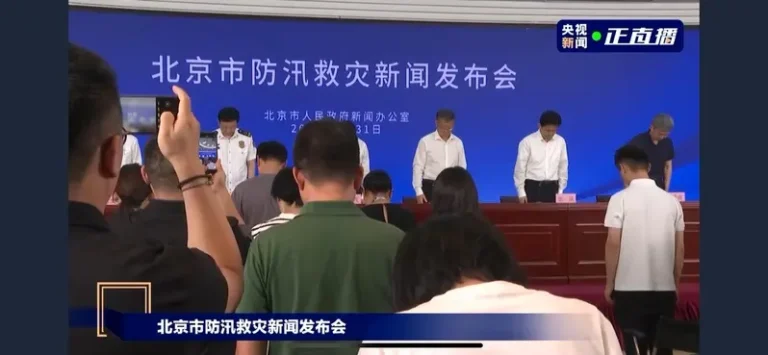
Recently, the Yueyang County People’s Court in Hunan Province heard a divorce case and rejected the plaintiff’s request for divorce.
In 2005, Gong and Xiong met through an introduction and became romantically involved. They registered their marriage in 2006. In 2007, their eldest son, Daxiong, was born. In 2013, their youngest son, Xiaoxiong, was born.
Xiaoxiong suffers from developmental delay and has been certified by relevant authorities as having a speech disability, with a disability level of Level 1.
Gong and Xiong occasionally argued after their marriage, but their relationship remained generally good. In 2023, Gong began working away from home, and the couple began living separately. That same year, Gong filed a petition in court seeking a divorce from Xiong.
After hearing the case, the court rejected Gong’s request.
After the ruling came into effect, Gong worked in Dongguan, while Xiong raised their children in their hometown, and the two rarely contacted each other.
In 2025, Gong filed another petition in court seeking a divorce from Xiong. To maintain family harmony and the healthy development of the child, the court organized mediation multiple times. However, Gong and Xiong had significant disagreements.
Each expressed their desire for the other to raise Xiao Xiong.
After reviewing the case, the court held that one of the fundamental principles in handling marriage and family matters is to protect the legitimate rights and interests of women, minors, the elderly, and the disabled.
When the parents of a minor divorce, the court should not only comprehensively assess whether the marital relationship has broken down, but also properly handle matters such as the child’s support, education, and visitation.
In this case, Xiao Xiong, the underage child born in wedlock to Gong and Xiong, is speech-impaired and has a disability level of Class 1.
Although Gong and Xiong both agreed to divorce and met the statutory requirements, divorce cases involve more than just marital relationships; they also involve the custody and visitation of their minor children.
Properly addressing children’s issues should be as important as whether a divorce is granted.
Gong and Xiong have shown serious irresponsibility in raising their legitimate child, Xiao Xiong, by shirking responsibility and even viewing him as a burden. This behavior seriously violates social morality and public order and good customs and should be regulated. Parents are legally obligated to raise their minor children; they cannot abandon their care simply because their child has a disability or other medical condition. Since both parties are unwilling to raise the child, if the court forcibly orders that one parent receive custody of the child, that parent will view it as a burden, which would be extremely detrimental to the child’s development.
To promote core socialist values, advocate for good family traditions, foster family virtues, and safeguard equal, harmonious, and civilized marriages and families, the court ruled to deny the divorce between Gong and Xiong. Following the ruling, both Gong and Xiong accepted it and ceased their litigation.







